Alexandre O. Philippe has made a name for himself in the film industry by crafting documentaries about some of the most iconic and influential directors in cinema history. From the surreal world of David Lynch to the masterful storytelling of Alfred Hitchcock, Philippe has delved into the creative minds of cinematic legends, shedding light on their unique visions and artistic processes. But despite his impressive body of work, there's one director whose films have long fascinated Philippe - the enigmatic Nicolas Roeg.
Roeg, who passed away in 2018, left behind a legacy of thought-provoking and visually stunning films that continue to mystify audiences. His 1973 masterpiece, "Don't Look Now," is a prime example of his innovative storytelling, weaving together themes of grief, love, and the supernatural in a way that's both haunting and beautiful. Another standout film, "Walkabout," showcases Roeg's ability to capture the raw beauty of the Australian outback and the resilience of the human spirit.
Philippe's fascination with Roeg's work is more than just a passing interest. He genuinely feels a deep connection to the director's unique cinematic language, which often blurred the lines between reality and fantasy. "There's one film in particular that dabbles in a really strange kind of cinematic magic," Philippe says, "and that's 'Eureka.' It's a film that I feel like I haven't spent the time with that I need to spend, and I keep wanting to go back and understand how he worked."
"Eureka" is a 1983 film that defies easy categorization. Part drama, part thriller, and part surreal fantasy, it tells the story of a man who becomes obsessed with a mysterious woman and embarks on a journey of self-discovery. The film's use of non-linear storytelling, vivid imagery, and a haunting score has captivated audiences and critics alike, cementing its status as a cult classic.
Philippe's desire to explore Roeg's work further is not just a personal indulgence; it's also a reflection of the growing interest in the director's films. In recent years, there's been a resurgence of interest in Roeg's oeuvre, with many critics and scholars reevaluating his contributions to the world of cinema. "Nicolas Roeg is a director who has been misunderstood for far too long," says film critic and scholar, Mark Cousins. "His films are not just visually stunning; they're also deeply philosophical and emotionally resonant. He's a director who challenges his audiences to think differently about the world around them."
As Philippe continues to explore Roeg's work, he's also considering a new project that would take him into the realm of horror. "I've always been fascinated by the way horror films can tap into our deep-seated fears and anxieties," he says. "I think it's a genre that's ripe for innovation and experimentation, and I'd love to contribute to that conversation."
Philippe's foray into horror would be a departure from his previous work, but it's also a natural progression given his fascination with the darker corners of human experience. Whether he chooses to tackle Roeg's films or explore new territory, one thing is certain - Alexandre O. Philippe is a filmmaker who is always pushing the boundaries of what's possible on screen.
As the film industry continues to evolve and change, it's clear that Philippe's passion for storytelling and his commitment to exploring the complexities of the human experience will remain at the forefront of his work. With a new project on the horizon, fans of his previous documentaries can't help but wonder what he'll uncover next. Will he delve deeper into the mysteries of Roeg's films, or will he take a bold step into the unknown? One thing's for sure - with Alexandre O. Philippe at the helm, the possibilities are endless.
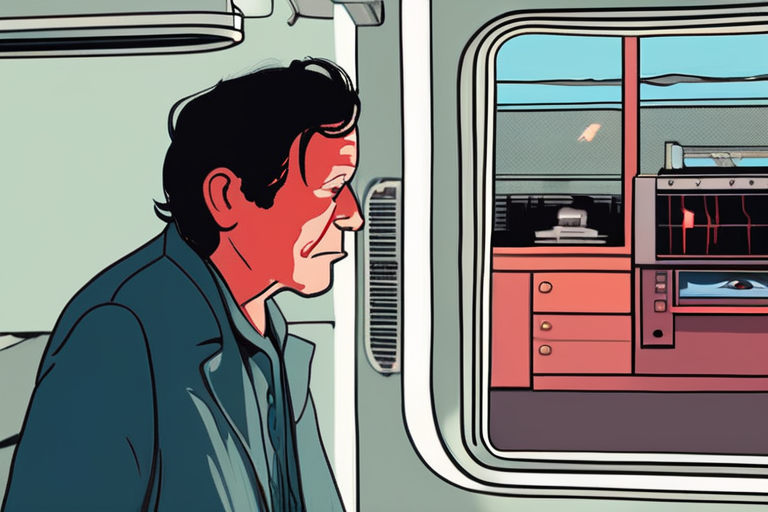


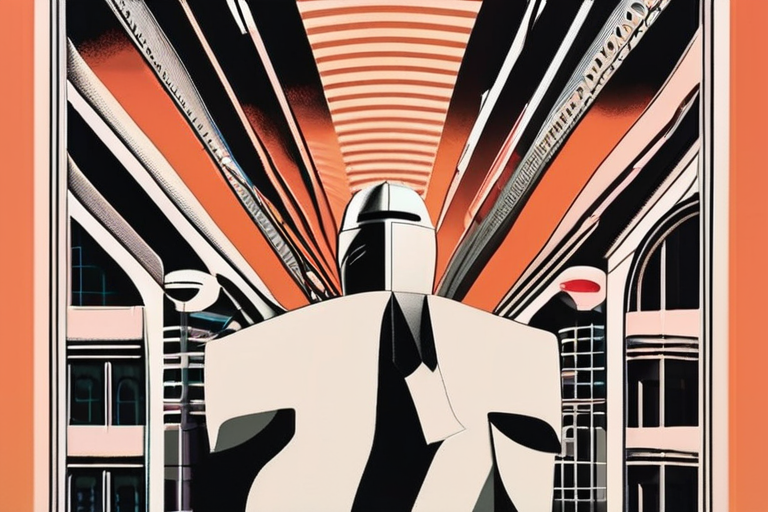

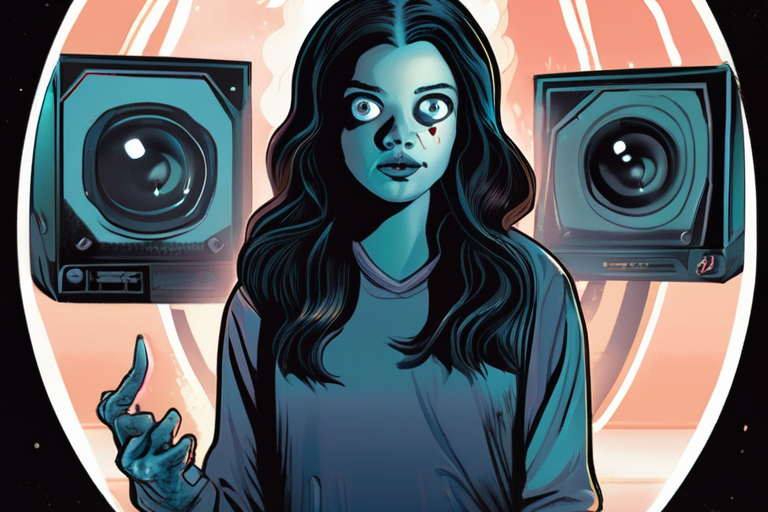
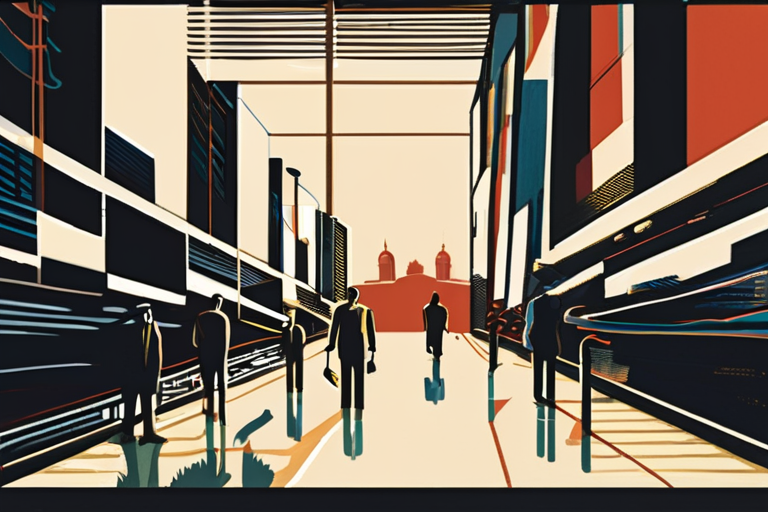
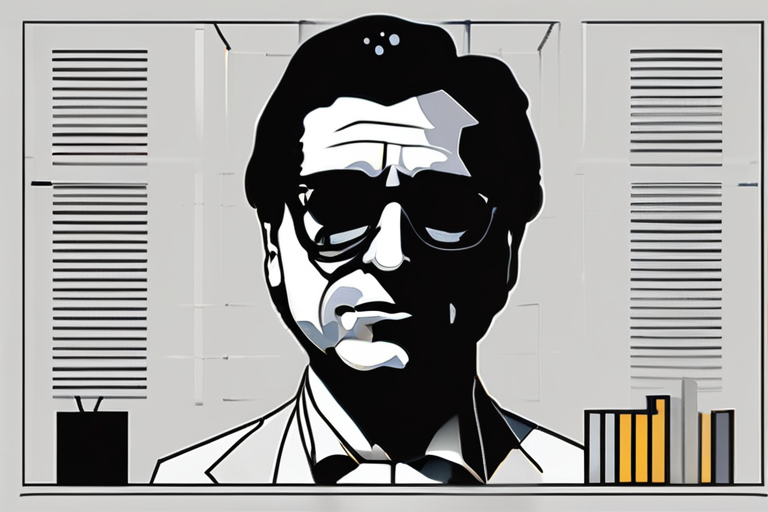
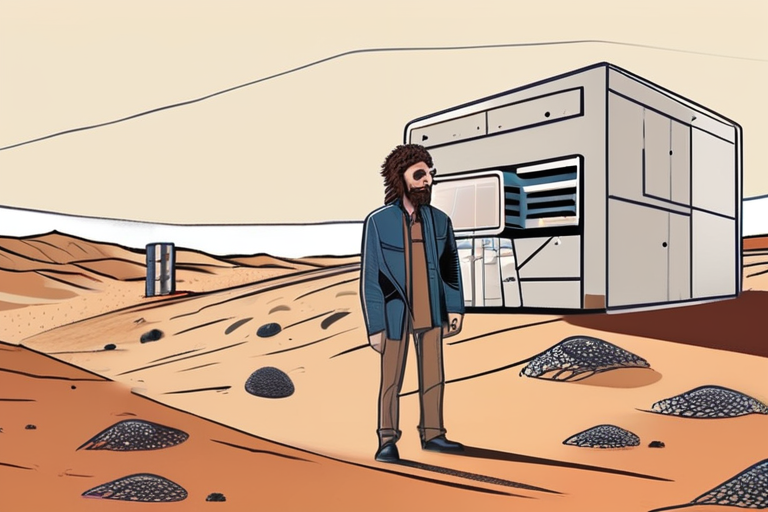
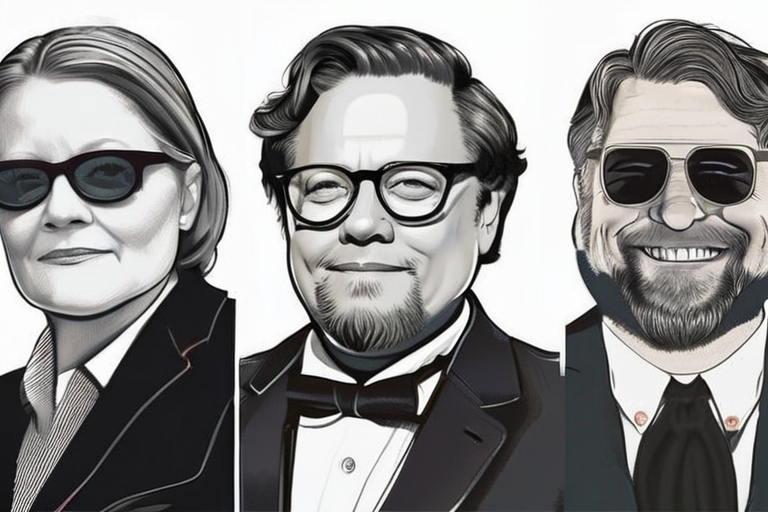
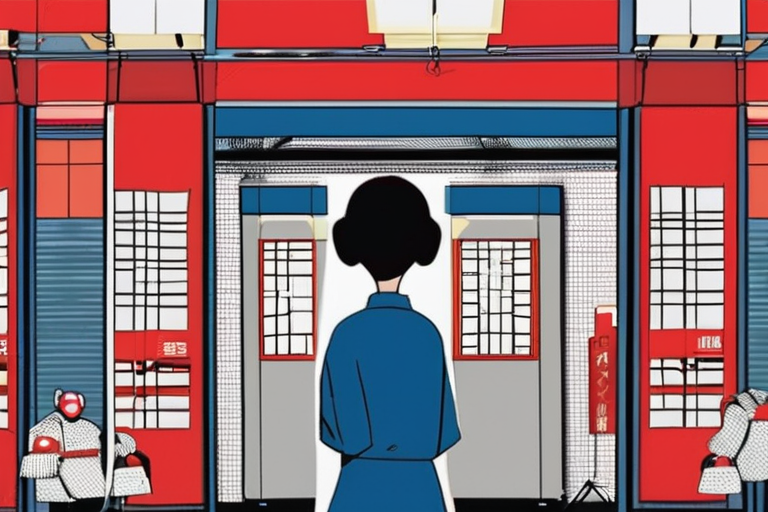
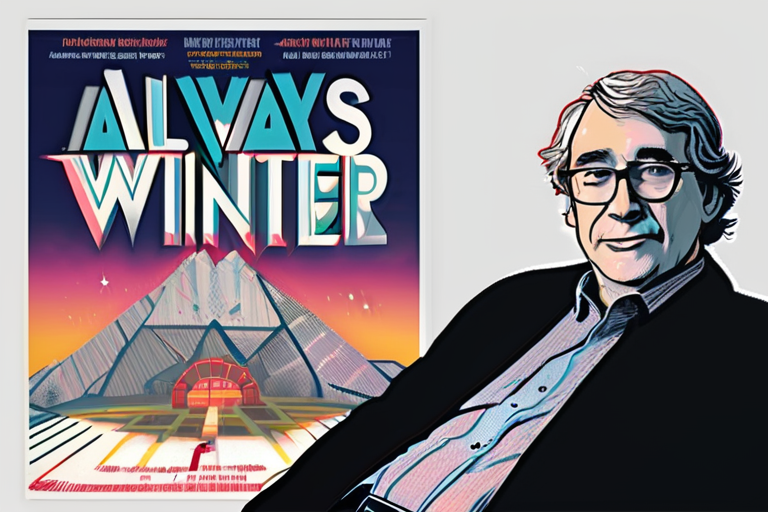
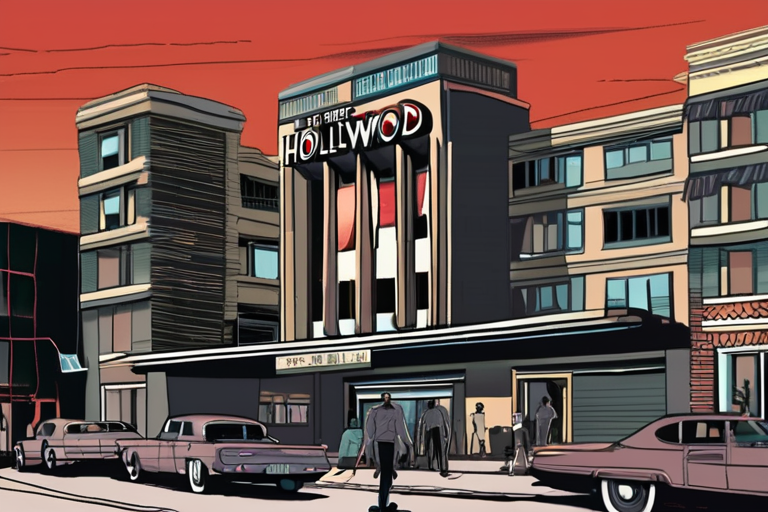
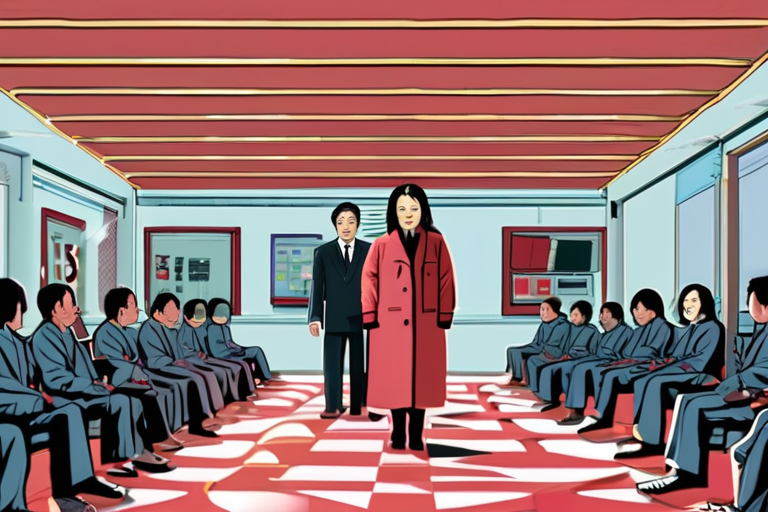
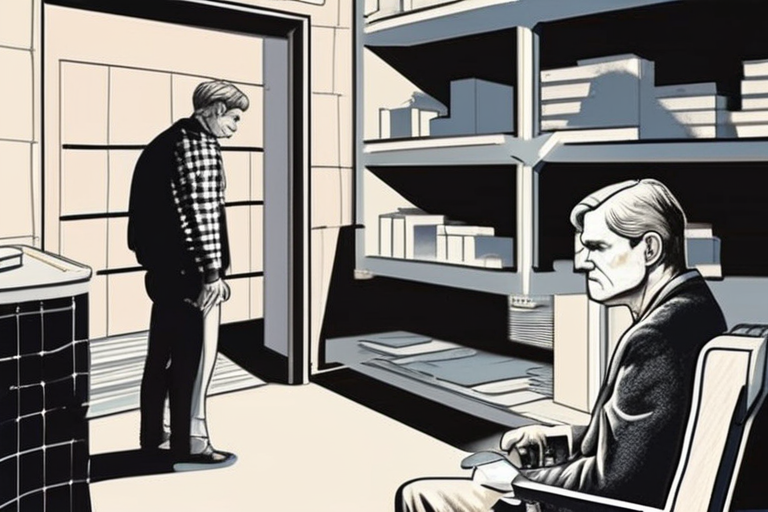
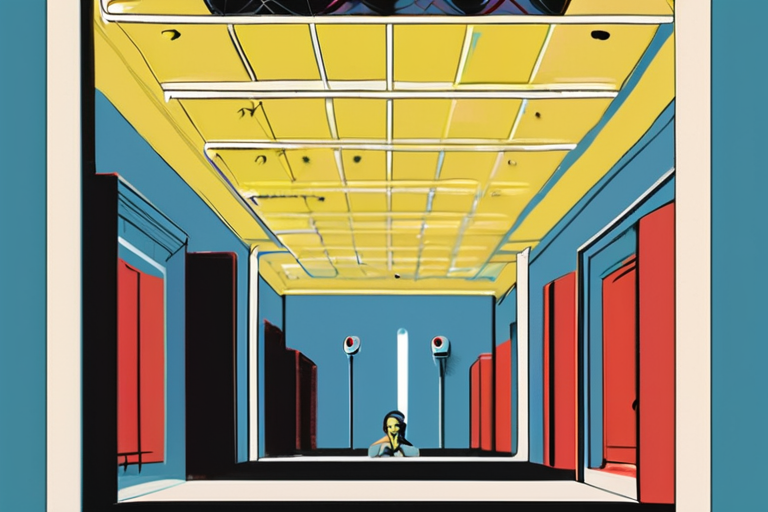

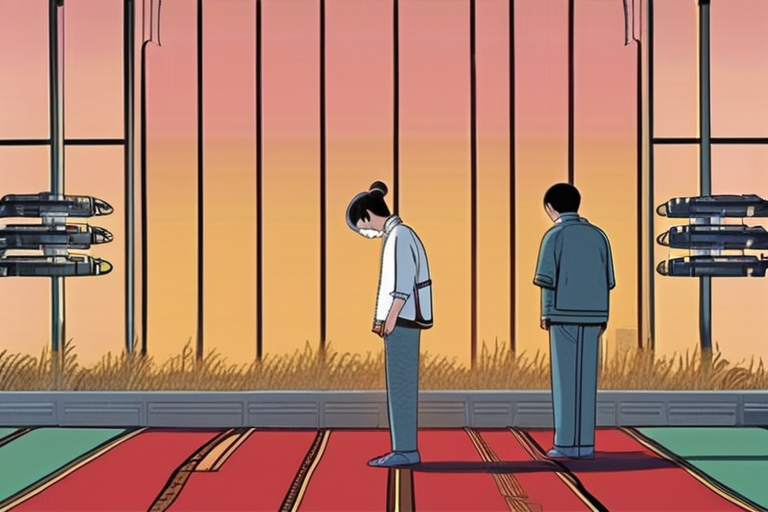

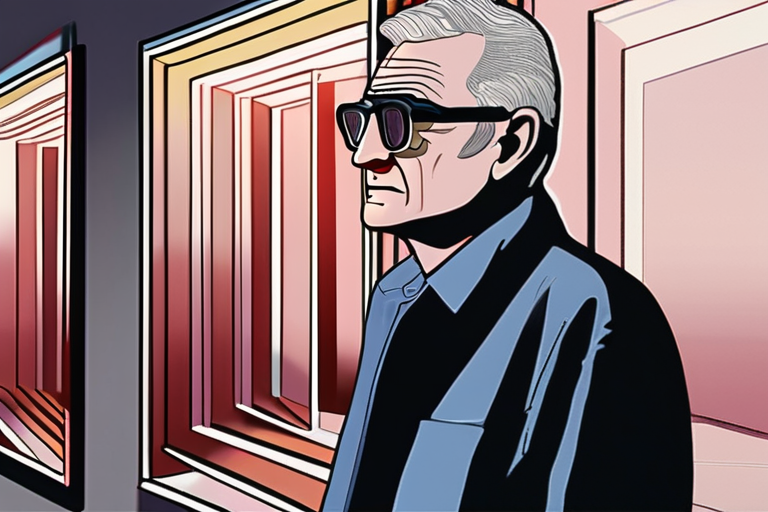

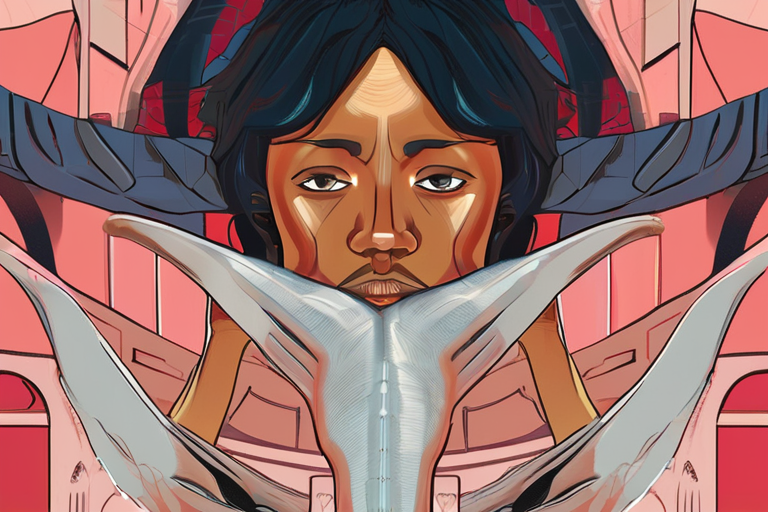
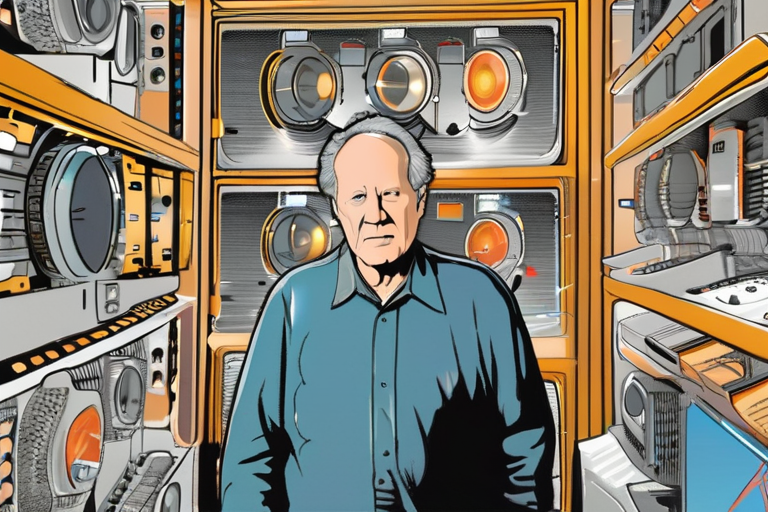

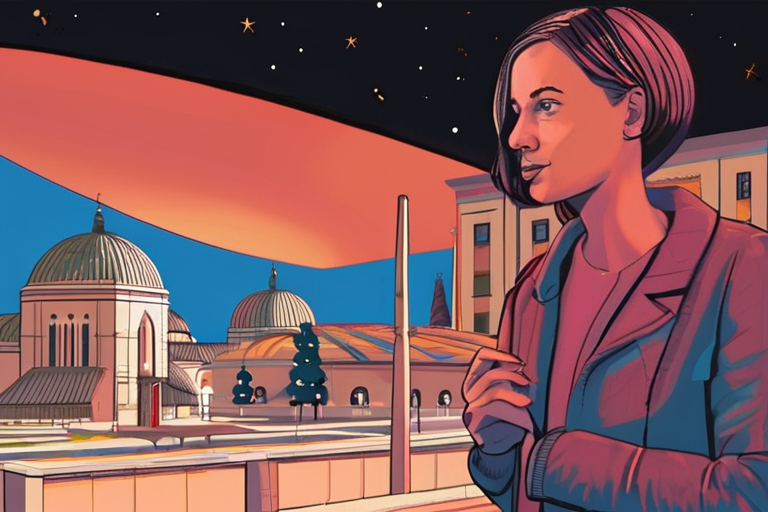
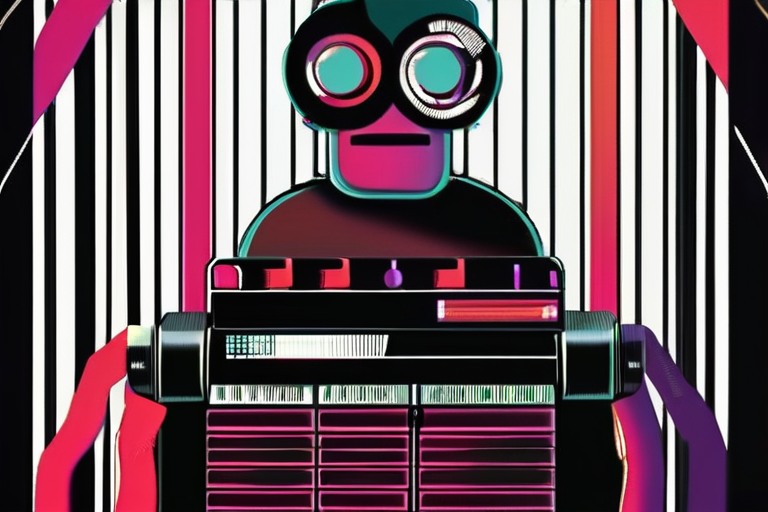

Share & Engage Share
Share this article